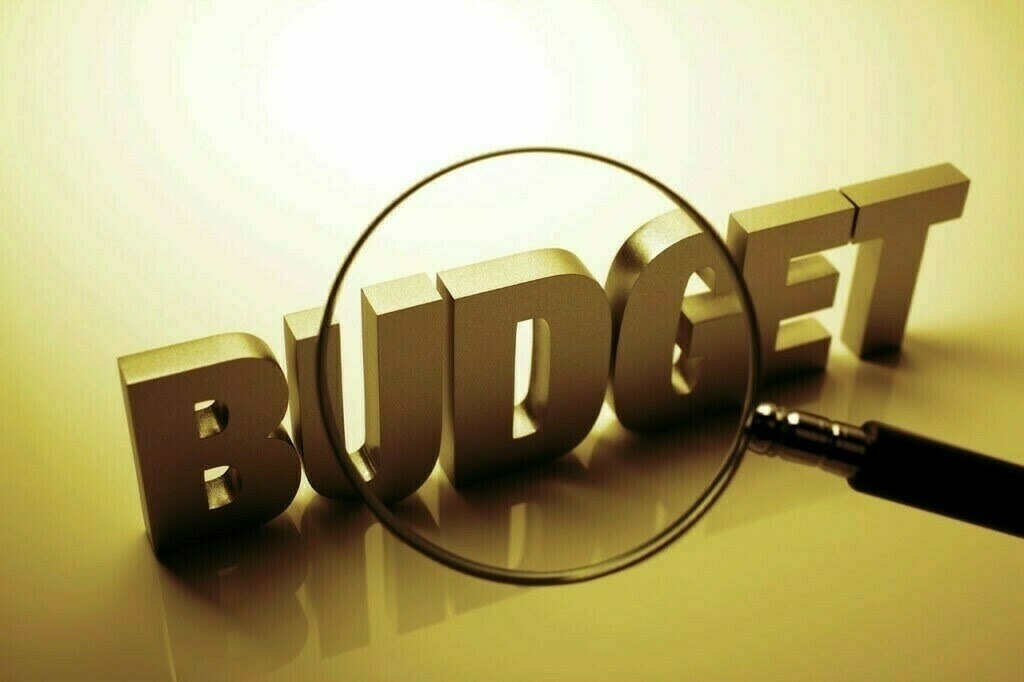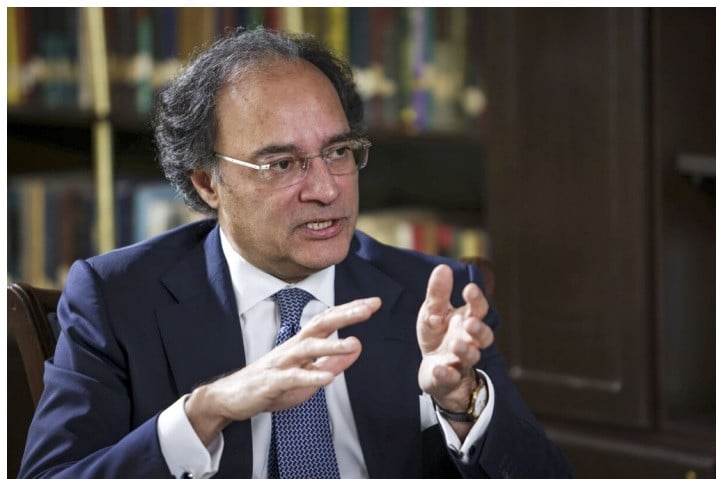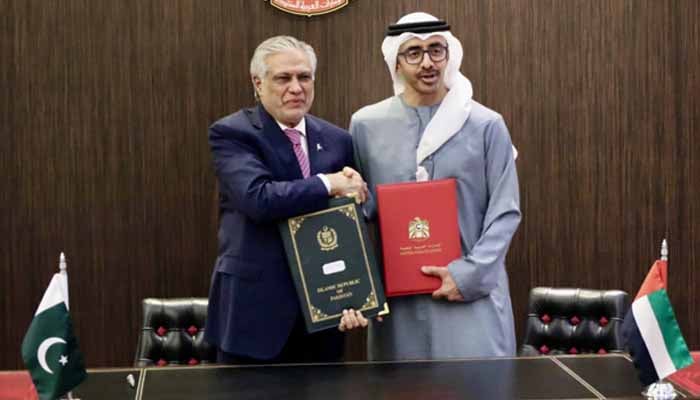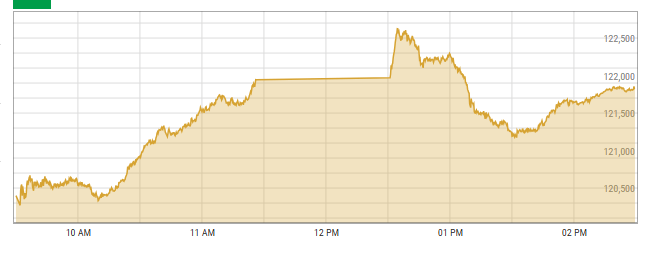TRADE & ECONOMY
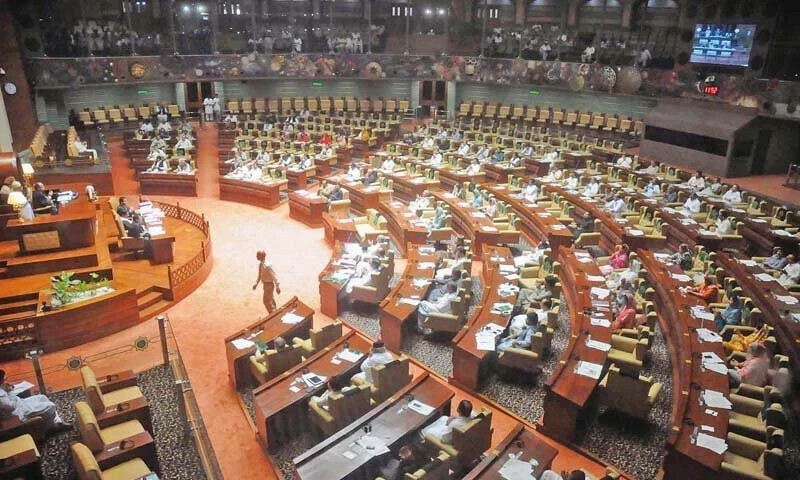
The Sindh and Balochistan Assemblies have approved their respective provincial budgets for the fiscal year 2025–26, with a focus on public relief, economic development, and sector-specific tax exemptions. Both budgets were passed after rejecting opposition's cut motions, numbering over 2,000 in Sindh alone.
Sindh Budget Overview
The Sindh Assembly approved a Rs 3.45 trillion budget—12.9% higher than the previous fiscal year. Chief Minister Syed Murad Ali Shah presented the budget, declaring it "people-friendly and progressive."
While the Assembly approved all 188 demands, it rejected all opposition cut motions except one — related to judiciary employees' allowances.
Key Highlights:
· Six taxes eliminated to ease the public burden.
· Rs 5 billion relief from cancellation of professional tax.
· New taxes from July 1, 2025:
o 19.5% tax on security services (vehicle trackers, alarms), telecom, broadband.
o 3% tax on vehicle transaction services.
o 8% tax on online payments for hotels, farmhouses, restaurants, and beverages.
· Exemptions granted:
o Govt institutions (Assembly, Parliament, LG bodies, judiciary).
o Health and life insurance up to Rs 500,000.
o Hajj/Umrah operators, agriculture insurance, and private housing under 10,000 sq. ft.
o Entertainment duty abolished for cinemas, theaters, water parks, and cultural events.
o Only Rs 1,000 annual tax for commercial vehicles.
Agriculture received a significant boost with:
· Rs 8 billion allocated via Sindh Hari Card.
· 80% subsidy for large-scale farmers.
· Tax cuts for online taxi/bus services, local cess, and dredge cess removed.
Balochistan Budget Overview
The Balochistan Assembly passed a Rs 896.47 billion budget, with Rs 666.83 billion earmarked for non-development and Rs 279.66 billion for development projects.
The session, chaired by Speaker Abdul Khaliq Achakzai, saw Finance Minister Shoaib Nausherwani present 94 total demands — 53 for non-development and 41 for development. All opposition cut motions were rejected by majority vote.
Government officials hailed the budget as one focused on public welfare and provincial development, while opposition members criticized the lack of transparency and planning.
